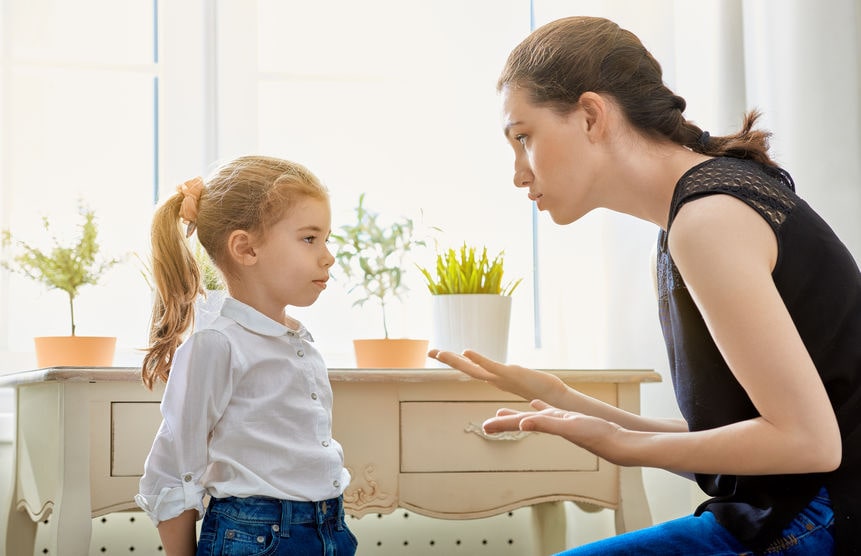How to Practice Positive Discipline for Preschoolers

One of the most challenging and important facets of parenting is instilling discipline in our children. Every parent grapples with finding the most effective techniques to help their toddlers and preschoolers learn how to behave appropriately, and it isn’t hard to understand why. As parents, we wear many hats and juggle different responsibilities, both at work and home. No matter how much we try, our patience is often tested, which can sometimes lead us to resort to punitive measures with our kids. However, yelling and getting mad at our children when they misbehave will only do more harm than good. This is where the importance of practicing “positive discipline” for our preschoolers comes in.
Unlike more punitive forms of discipline, positive discipline focuses on teaching and encouraging desired behaviors instead of punishing negative behaviors. This approach guides and teaches preschoolers how to make better choices when it comes to their words and actions. It may take some time and patience, but using this approach can lead to positive results in the long term.
Read on for some tips for how you can practice positive discipline for your preschooler.

Get to the root cause of the behavior
Young kids misbehave for a reason. They don’t just have a tantrum for nothing. They don’t cry or yell at the top of their lungs without cause. Whether or not your little one’s reasons are valid, it’s your role as a parent to find out why your child is behaving this way.
If your child hit his or her sibling, maybe jealousy is to blame. Perhaps your little one has been throwing his or her toys because he or she is craving attention. Instead of focusing on the actions, try to go deeper to discover the cause. Children at this age may use unhealthy ways of expressing themselves in order to get the things they want. As the parent, you need to zoom out and take a look at the bigger picture. Do not punish your child immediately. First, take the time to understand the cause of the behavior so you can properly address it.
Empathize with your child
Managing preschoolers’ challenging behaviors can be frustrating. Let’s admit it, staying calm and keeping our cool isn’t always the easiest thing to do. While kids need to be given consequences for their actions, it’s also important for us to let them know that they are understood.
Try to address the misbehavior with empathy instead of anger. Instead of raising your voice, you can say something like, “I know you were upset when your sister accidentally destroyed your toy car, but hitting her isn’t the right thing to do.”
Empower your child
One of the reasons why preschoolers and toddlers may have meltdowns is because they want your attention. Kids are attention-seekers by nature. Attention helps them feel secure and valued. Instead of allowing your child to satisfy this need by having a tantrum, see if you can empower him or her to find more productive ways of receiving your attention. Doing this will help your child feel more significant and capable.
Consider giving your child a task. For example, consider letting your little one help you in the kitchen. Ask him or her to wash the fruits and vegetables, or mix the dry ingredients, as you whip up something for dinner. This is one good way for your child to use his or her energy in a positive and constructive way instead of acting out.
Let your child feel heard
Adults aren’t the only ones who have a need to be heard. Children also need to feel that they have a voice and that they are being listened to. Make it a point to have a family discussion in which your preschooler can share his or her feelings about anything, without you arguing. Just let your little one talk freely and share his or her thoughts, without feeling the need to filter the things he or she says due to fear that you might get mad. Give young children a voice and encourage open communication in your family.
Make spending quality time a priority
Part of practicing positive discipline for preschoolers is making sure they feel your love. One of the things that spells “love” is giving of your time. No matter how busy you are with the demands of work and home, it’s crucial to spend quality time with your little one. Don’t let a day pass by without spending even just a few hours playing, reading a book, or eating together.
Practicing positive discipline for preschoolers doesn’t come instantly like flipping a switch. But you can start incorporating this approach on your parenting journey as a way to help you raise well-adjusted, more respectful, and responsible kids!
Looking for a good quality childcare center for your little one? Please visit ABC Academy.


